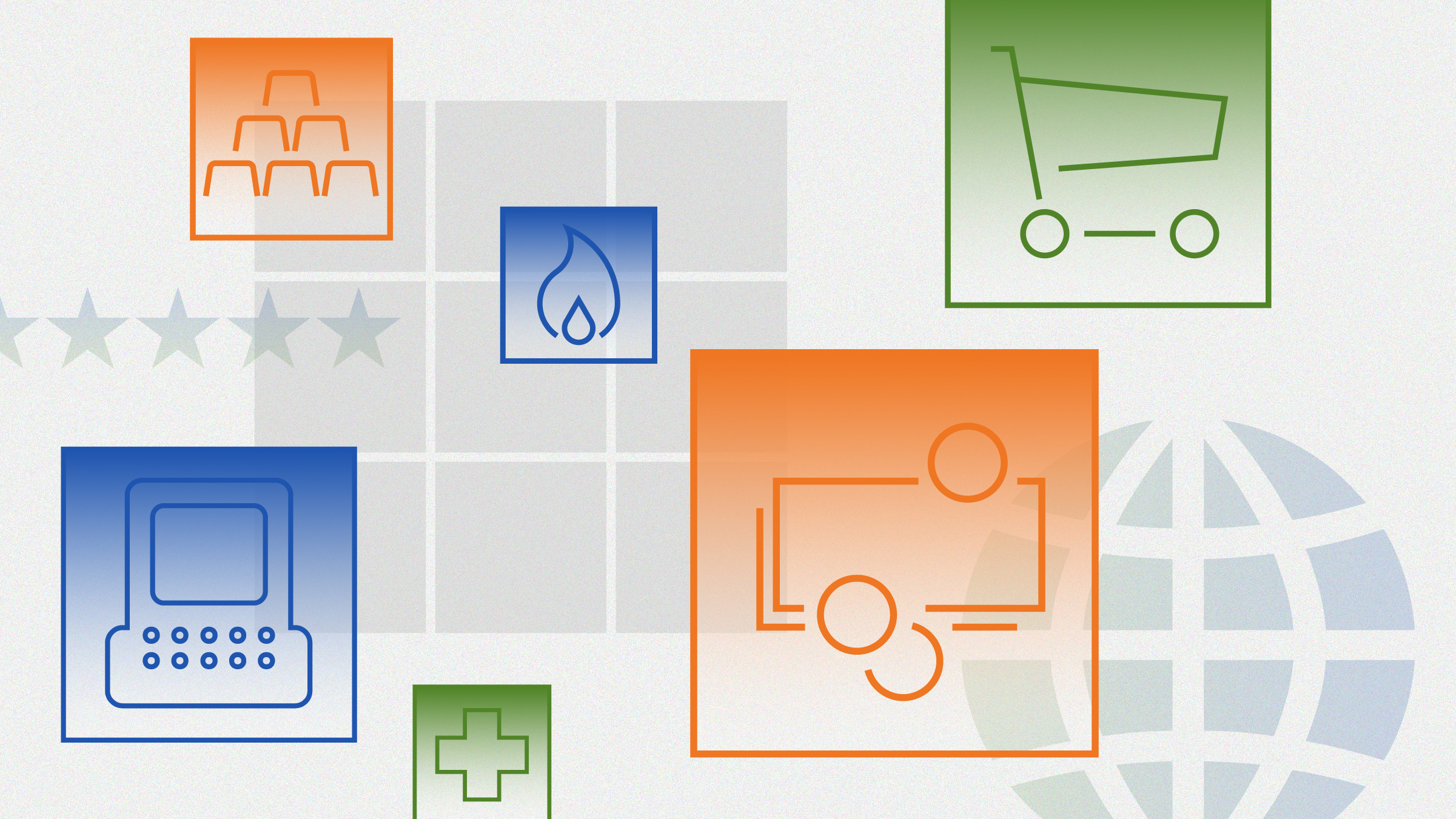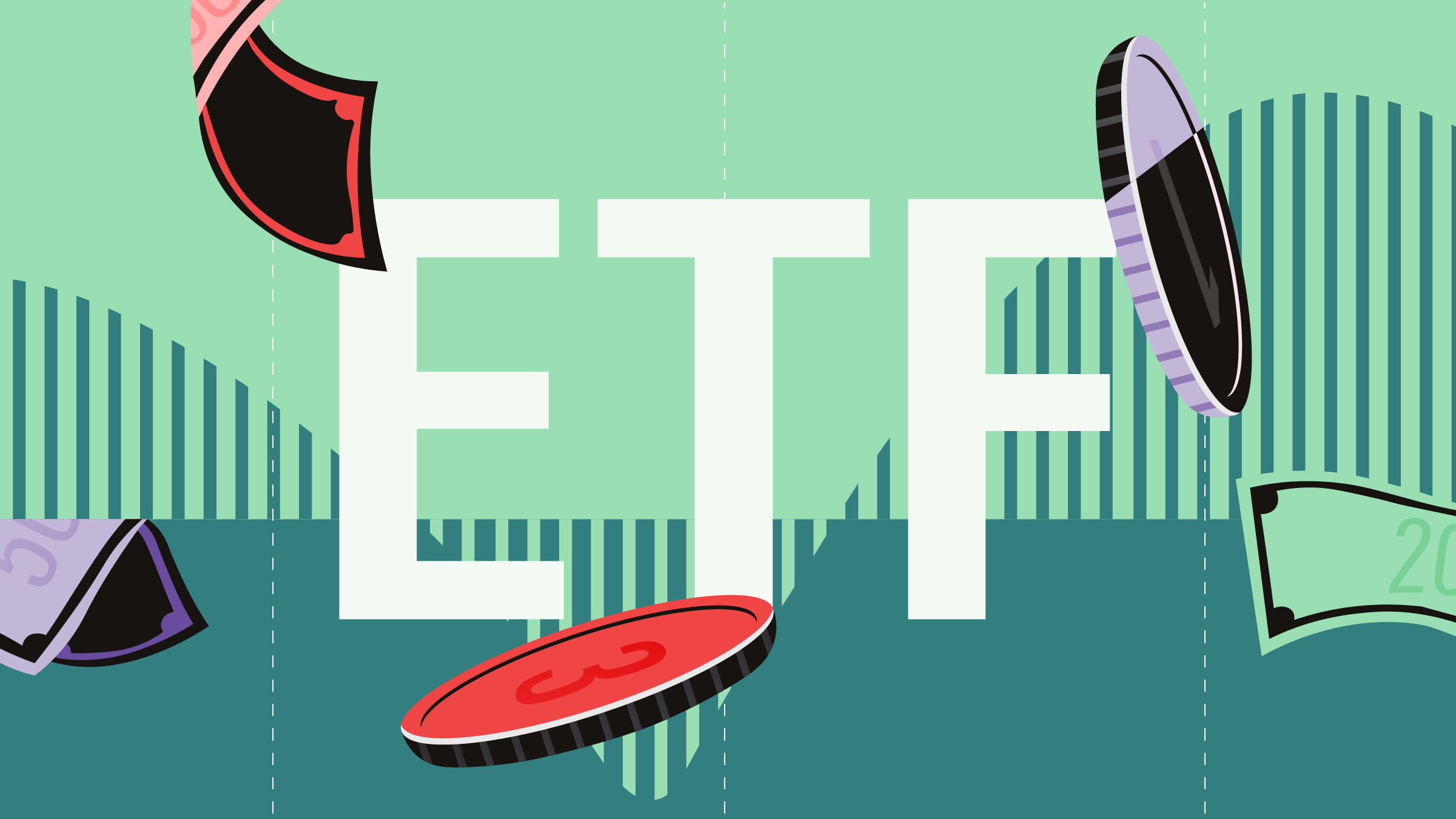These have been some of the most dominating speculations in the wake of the arrest of Mikhail Khodorkovsky, Russia’s richest man, now charged with fraud and tax evasion, back in the end of October when he was still head of Yukos, Russia’s largest oil company.
After the arrest Khodorkovskys shares in Yukos have been seized and, Sibneft another large Russian oil company has trie
d to cancel a planned merger with Yukos, and finally a leak from the Russian tax authorities talk about 5 billion dollars owed in taxes by Yukos.
Since the arrest Yukos has dropped 30 percent on the Moscow exchange, and the Russian market as whole dropped more than 9 percent the first day. After a week the drop was more than 13 percent.
The volatility and the apparent political prosecution of business leaders in Russia has left many foreign investors wondering if investing in Russian equities is Russian roulette.
Short term volatility
But according to the portfolio managers concentrating on Russia and the Eastern European countries the answer is no. Most think that Russia will experience short term volatility and insecurities, but after the presidential elections in March next year focus will once again return to the compelling growth story of the Russian economy.
- The events surrounding Yukos are politically motivated. While Putin most certainly will win the presidential elections in March, the elections for the Duma looked more uncertain. Putting Khodorkovsky in jail helps the Putin-coalition, because the rich business leaders, the oligarchs, are very unpopular with the common Russians. So the period of high political risks in the Russian market is most likely over with Sundays elections, says Andrea Nannini, portfolio manager of two Eastern European funds at Danish fund group BankInvest.
This sentiment is echoed by Jan-Olov Olsson, portfolio manager on Russian equities for Nordic fund group Alfred Berg.
- What we foreign investors see as a negative is perceived as a positive by the Russians. In fact president Putins approval rating has gone up from 70 to 80 percent since the arrest of Khodorkovsky, explains Mr. Olsson.
In fact the United Russia, the party close to Putin, on Sunday gained more than a third of the votes in the election on Sunday, making it the largest party in the Duma. And in a coalition with two other parties Putin will have a majority in the Duma.
Both managers emphasize that so far only Yukos has been targeted, because of Khodorkovskys unambiguous political ambitions, but also because the Russian government has sizeable stakes in most other big companies. Therefore the state has no interest in harming those companies. And in fact the Russian equities have recouped since the arrest and yielded an overall positive return in November.
Strong economy
Most commentators think that the political insecurities and the volatility will be left behind with the election on Sunday and the presidential elections in March 2004, and that focus after this once again will be on the Russian economy.
And the economy is in good shape.
- The Russian economy is extremely strong and has never been better than it is right now. The foreign exchange reserves and the gold reserves are at an all time high, the international crude oil prices are way above the level that ensures a balance in the state budget, and the country’s foreign debt is at a very low level. In fact the debt to BNP ratio is 30 percent, which is better than a number of Western countries, Mr. Olsson explains.
Also, president Putin will, if he wins a second term in March, gain the political freedom and security, to push through reforms to strengthen the economy even further.
- The growth this year will be around 6 to 7 percent, and Putin has a goal of doubling the GDP in real terms in ten years. During his second term he will have more freedom and clout to push through needed reforms in the gas and electricity sectors as well as championing a banking reform, Mr. Nannini comments, while also highlighting a likely credit quality upgrade of Russian debt to investment grade by Standard & Poor’s in the next year. This October Moody’s did the same.
Less volatility
With this in mind Andrea Nannini expects the Russian equities, which make up some 50 percent of his Eastern European portfolios, to have a short period of standstill until after the presidential elections, but after that the Russian equities will once again have a positive outlook.
- Overall the long term trend for Russian equities is positive, but one shouldn’t expect the same dazzling returns of 30, 40 or 50 percent that we’ve seen the last couple of years. The market in Russia is now less volatile and the movements in the future both in the positive and negative direction will be much smaller, says Jan-Olov Olsson from Alfred Berg.
However, Mr. Olsson ads that in the future investors will - with the Yukos-affair in the back of their minds - look more closely at companies to see if they have things in their history or leadership that could make the government target them.
On EU’s doorstep
In the other Eastern European countries there’s more stability and predictability than Russia. On the other hand the potential for these markets seem smaller than the Russian potential.
According to Andrea Nannini of BankInvest 2003 has been a year of preparations ahead of the many accessions to the EU next year with referendums and legislation.
- The next phase is the one that will create growth when the countries adapt to the requirements of Maastricht and the EMU, he says.
Poland is the biggest of the new member countries and the country is presently seeing the beginning of renewed growth after a “mini” recession. Hungary on the other hand is one of the problem countries with deficits on its current account as well as its budget. Also Hungary just last week was forced to raise interest rates by 300 basis points in order to defends its currency from pressure.
- However, the Eastern European countries have a structural growth advantage of having GDP per capita of 50 to 60 percent of the other EU countries, and therefore the growth opportunities are better. We saw the same thing, when Portugal and Greece joined the EMU.
Nannini also highlights the ongoing global recovery, which will benefit the exports of eastern Europe and the fact that the Eastern European equity markets have a discount to the West of around 30 to 40 percent.
- But it will take some time for a revaluation of Eastern Europe equities to happen. Probably investors will want to be sure that individual countries economically are in shape to become part of the euro-zone.
So far this year (4th of December) Eastern European equities including Russia have risen 53.1 percent in dollar terms. The best market has in spite of the recent terror bombings been Turkey with a return this year of 89 percent, while Russia despite the controversy around Yukos, in October and November, has been the second best market with a rise of 64 percent. Among the coming member states of the EU the Czech Republic has done best with an increase of almost 35 percent.















